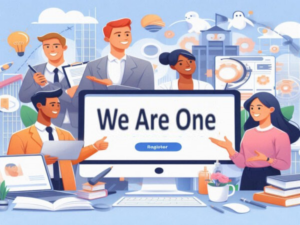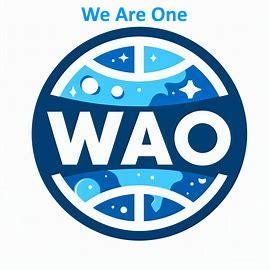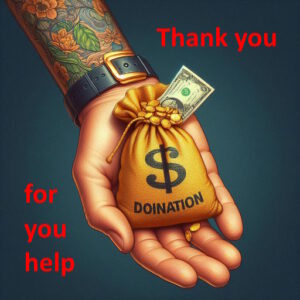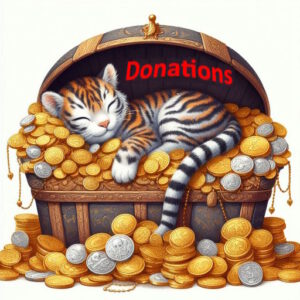Who actually has the power in capitalism?
Here are a few thoughts and perspectives on this topic, structured according to philosophical, economic, psychological, and socio-practical aspects.
🧭 1. Philosophical Idea: Power Through Demand
At its core, capitalism is a system of signals—and the central signal is demand. Without demand, there is no market. In this logic, consumers are not victims but invisible rulers: Every purchase is a vote, and every non-purchase is too. Yet, the power of consumers often remains unrealized because it is:
- Fragmented (billions of individual decisions instead of collective will),
- Emotionally manipulated (by advertising, brand identity, and social media),
- Not informed enough to consciously exercise its influence.
In theory, capitalism dances to the tune of consumers— but in practice, most don’t even realize they’re holding the baton.
💰 2. Economic Idea: Steering Through Conscious Consumption
When consumers coordinate or consciously change their behavior, real pressure emerges: Boycotts and counter-movements can force corporations to bend in days (see Nestlé, Shell, Amazon). Sustainable brands don’t arise from pure altruism but from shifted demand. However, capitalism adapts astonishingly quickly. It now “sells” sustainability, ethics, and community as new lifestyle products. In doing so, it neutralizes resistance by absorbing it into the system.
This means: Capitalism cannot be fought by ignoring it, but by reprogramming it—through conscious demand and values.
🧠 3. Psychological Idea: The Convenience of Powerlessness
Many consumers know they have power—but power is exhausting. Critical consumption requires information, discipline, and sometimes sacrifice. So, it’s psychologically easier to blame the system for everything than to reflect on one’s own role. Capitalism doesn’t work despite people—it works because of their psychological convenience. It thrives on the gap between awareness and action.
🤝 4. Socio-Practical Idea: From Consumer to Co-Creator
What we need is a culture of conscious consumption:
- Platforms that create transparency (supply chains, prices, impacts),
- Collective tools for evaluation and influence (apps, social indices),
- New terminology: instead of “consumer” → “co-creator.”
Because when millions of people buy, trade, or refuse consciously, a democratic control over markets emerges— stronger than any government regulation. Capitalism isn’t the problem. The problem is that we’ve left it to others.
✨ Conclusion
Capitalism needs us—but we don’t need it in its current form. If consumers understand that purchasing decisions are moral acts, the market could become a mirror of the common good instead of its opposite. Capitalism is not a force of nature. It is a tool—and we have it in our hands.





